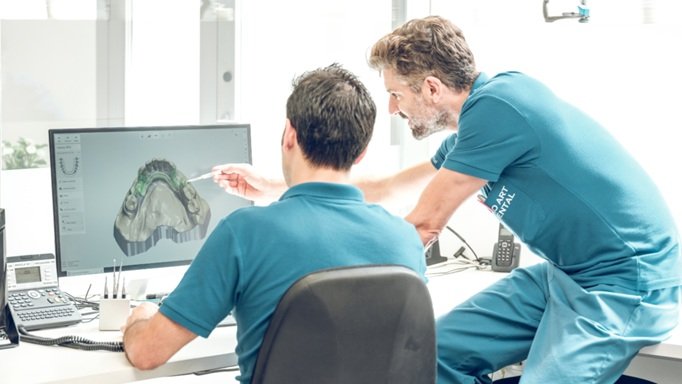Maintaining the health of your dental implants in Webster, TX, requires some know-how and dedication. Dental implants offer a sturdy and reliable solution for tooth loss, but like natural teeth, they need regular care to last. Proper hygiene, balanced nutrition, and routine dental checkups are crucial. Without the right steps, you risk infections or other complications. Staying informed and proactive makes a significant difference in your implant’s longevity. Remember, your implants depend on your commitment to their care. Invest time in learning how to protect them. You don’t need to be a dental expert to keep your implants in top shape. It’s about adopting simple habits that become second nature. These habits ensure your implants stay healthy and functional for years. Consider these tips as a roadmap to maintain your dental investments. With knowledge and proper care, success with dental implants is within reach. Let’s get started on this journey together.
Tip 1: Keep a Consistent Oral Hygiene Routine
Brushing twice daily and flossing are essential. Use a toothbrush with soft bristles to avoid damaging the implant surface and surrounding gums. Choose non-abrasive toothpaste. Regularly clean between your implants and natural teeth. Consider using an interdental brush for those tight spaces. For more guidance, visit the CDC’s oral health page.
Tip 2: Schedule Regular Dental Checkups
Visit your dentist every six months. Regular checkups allow your dentist to catch potential problems early. They will assess the condition of your implants and surrounding tissues. These visits also include professional cleanings to remove plaque and tartar. Consistent dental visits protect your investment.
Tip 3: Maintain a Balanced Diet
A balanced diet strengthens your overall oral health. Avoid hard or sticky foods that might harm your implants. Include calcium-rich foods for bone health. Fresh fruits and vegetables help by increasing saliva flow, which naturally cleanses the mouth. For dietary recommendations, check the USDA’s ChooseMyPlate guidelines.
Tip 4: Avoid Harmful Habits
Stay away from smoking and excessive alcohol consumption. Smoking can slow healing and increase infection risk. Avoid using teeth as tools to open packages. Protect your implants by eliminating these habits.
Tip 5: Use Proper Tools for Cleaning
Electric toothbrushes and water flossers can be more effective than manual options. They provide a thorough clean around implants and natural teeth. Choose devices designed specifically for sensitive mouths. Consistent use enhances your oral hygiene routine.
Tip 6: Monitor Changes and Address Them Promptly
Pay attention to any changes in your mouth. If you notice discomfort or swelling, contact your dentist immediately. Early intervention prevents complications. Trust your instincts and act quickly to protect your oral health.
Comparison of Cleaning Tools
| Tool | Benefits | Considerations |
|---|---|---|
| Electric Toothbrush | Efficient cleaning, easy to use | Requires charging or batteries |
| Manual Toothbrush | Affordable, widely available | Requires proper technique for effectiveness |
| Water Flosser | Gentle, reaches tight spaces | Can be expensive, requires water access |
| Interdental Brush | Targets specific areas, easy to use | Needs correct size for gaps |
Each tip above serves as a stepping stone in nurturing your dental implants. By consistently maintaining these practices, you preserve their function and appearance. Dental implants offer a reliable solution for many. With dedication and attention, you can enjoy them for a lifetime. Your efforts will keep your smile strong and healthy. Explore these tips and stay committed to your journey.



